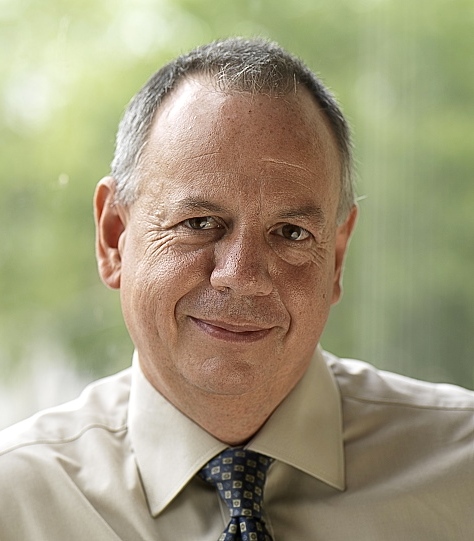Interview with Professor David Kingdom
Cite this article as: BJMP 2010;3(2):321
|

David Kingdom is a Professor of Mental Health Care Delivery at University of Southampton and Honorary Consultant Psychiatrist to Hampshire Partnership Foundation Trust.
How long have you been working in your speciality?
30 years
Which aspect of your work do you find most satisfying?
Clinical work can be very stimulating but so can research particularly when you feel, rightly or wrongly, that you have contributed something original which can benefit patients.
What achievements are you most proud of in your medical career?
Developing cognitive behaviour therapy for people with psychosis and then seeing it gradually becoming part of accepted practice in many parts of the world.
Which part of your job do you enjoy the least?
Doing reports and filling in forms.
What are your views about the current status of medical training in your country and what do you think needs to change?
Generally I think there have been many positive developments of it especially in improving the interaction between patients, health care staff and doctors but there is still a real problem with conveying the importance of psychological aspects.
How would you encourage more medical students into entering your speciality?
I would like to see psychology being increasingly accepted as a relevant qualification on a par with other sciences.
What qualities do you think a good trainee should possess?
Intelligence and warmth.
What is the most important advice you could offer to a new trainee?
Spend as much time learning from patients and their carers as you can.
What qualities do you think a good trainer should possess?
Intelligence and warmth.
Do you think doctors are over-regulated compared with other professions?
No, although revalidation may be going that way.
Is there any aspect of current health policies in your country that are de-professionalising doctors? If yes what should be done to counter this trend?
No – we need to maximise the efficiency of our work and this will mean gradual change in roles of ourselves and others.
Which scientific paper/publication has influenced you the most?
‘Not made of wood’ by Jan Foudraine, a Dutch psychiatrist who spent time listening to patients in long-stay hospitals and drawing out the extraordinary stories of their lives.
What single area of medical research in your speciality should be given priority?
Psychological treatments for currently treatment resistant conditions.
What is the most challenging area in your speciality that needs further development?
Classification of mental disorders.
Which changes would substantially improve the quality of healthcare in your country?
Introduction of effective care pathways which are linked directly to outcome measurement and funding contingent on these.
Do you think doctors can make a valuable contribution to healthcare management? If so how?
Yes – by seeing that clinically effective interventions are made available to those who can benefit from them.
How has the political environment affected your work?
Funding has improved over the past decade but is now looking much more uncertain.
What are your interests outside of work?
Family, sailing & watching Southampton FC.
If you were not a doctor, what would you do?
Law probably as it also involves work with people and is a steady job.

The above article is licensed under a Creative Commons Attribution-NonCommercial-NoDerivatives 4.0 International License.




